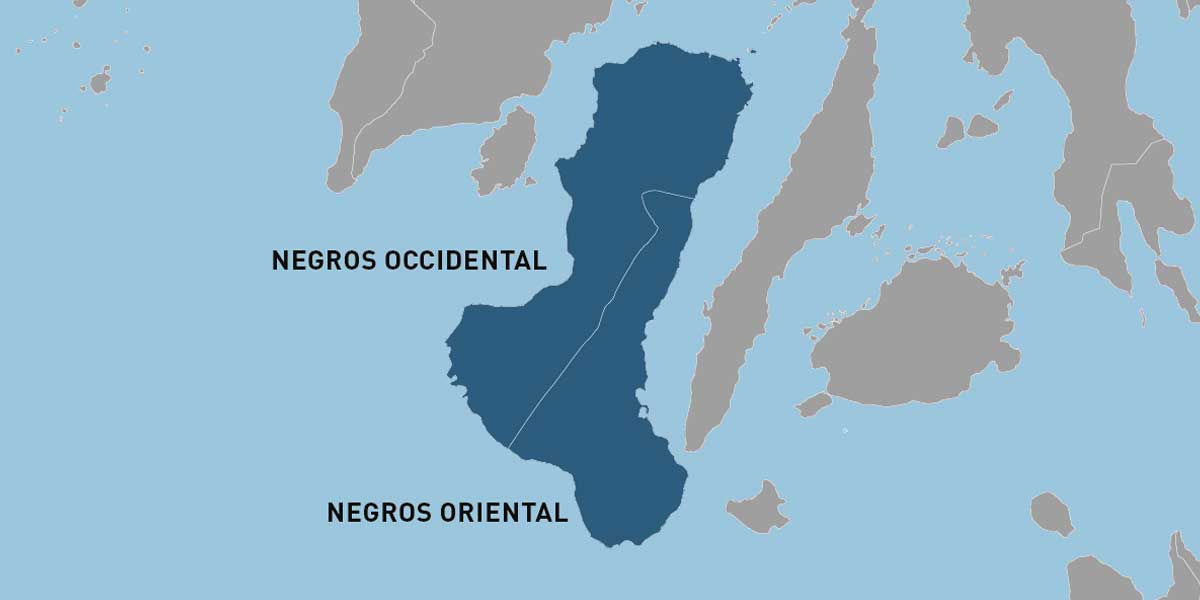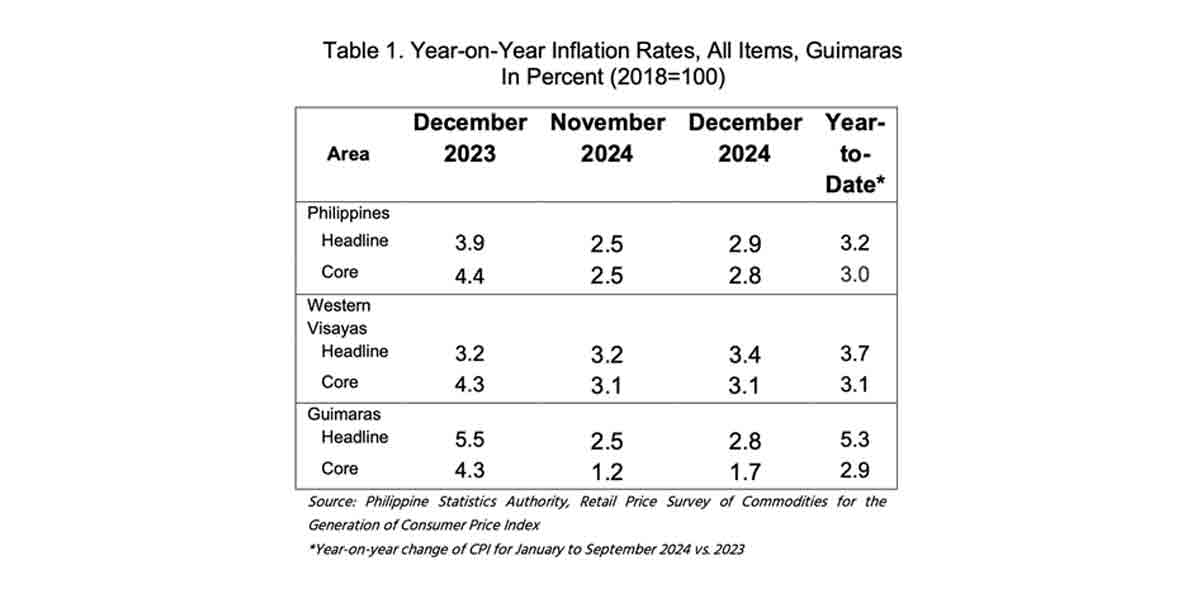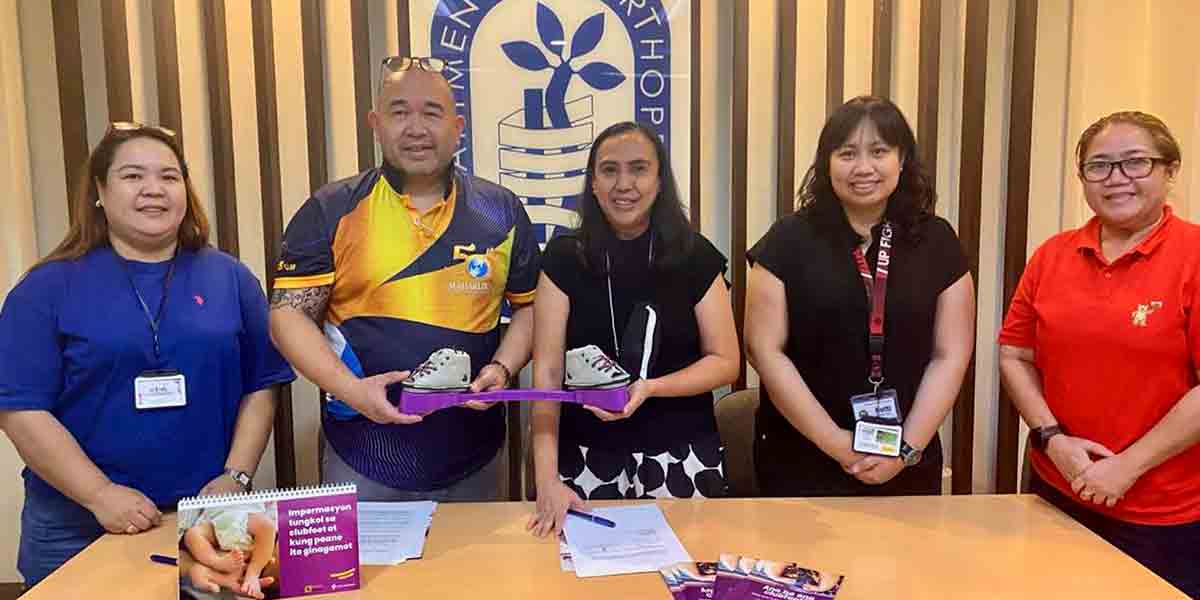 By Joshua Corcuera
By Joshua Corcuera
Voter registration has been extended until the 30th of October—giving Filipinos the chance to cast their vote for the upcoming elections in May next year.
Last September 20, in my column article entitled “register to vote—now!”, I encouraged Filipinos eligible to vote in the elections next year to register. Back then, the deadline was set at the end of September. Fortunately, the voter registration deadline has been extended to October 30 this year as lawmakers exerted efforts to compel the Commission on Elections (COMELEC) to extend the registration deadline.
“Extension is from October 11 to 30,” COMELEC Spokesperson James Jimenez told reporters on September 29. He also mentioned that registration will occur from Monday to Friday only, no Saturdays except for the last day—October 30. Registration hours start at 8 AM and end at 5 PM. Additionally, all registration services are reportedly offered. For voters abroad, registration is extended from October 1 to October 14.
According to the COMELEC, voter applicants cannot be entertained in the first week of October as they have to focus on the filing of certificates of candidacy of people seeking public office. This is not a problem abroad which is why voters outside the country can register immediately until October 14.
The decision of COMELEC is something that must really be done given that some regions, especially the National Capital Region, spent several months under strict quarantine protocols. Based on present data, more than 62 million Filipinos have registered to vote, but according to the Philippine Statistics Authority, the projected voter population of the country for the elections next year stands at 73.3 million.
The elections on May 9, 2022 is a crucial one as the country continues to struggle to recover from the coronavirus pandemic as well as the ensuing economic recession. More importantly, the 2022 vote may also serve as a referendum on public opinion about whether or not the Filipino people approve of the Duterte government’s handling of the country. The victory of the Duterte-endorsed candidate will indicate that a substantial number of Filipinos are satisfied with how the government has handled the country since 2016. An opposition victory, on the other hand, will imply that many Filipinos disapprove of how the administration stirred the ship for the past six years.
More importantly, various social issues remain more relevant than ever. Tens of millions of Filipinos still live below the poverty line, thousands are getting infected daily of a contagious virus, widespread corruption issues and allegations of budget misuse as found by the Commission on Audit (COA) recently—the Philippines is in desperate need of being fixed as soon as possible.
With the vote of the Filipino people, there is hope to make things better. Sure, our biggest problems such as poverty and inequality may not be solved within six years or until 2028, but with the right leaders and the active and meaningful participation of the ordinary people in national development, we can alleviate our struggles and move forward—not backward—one step at a time.




















